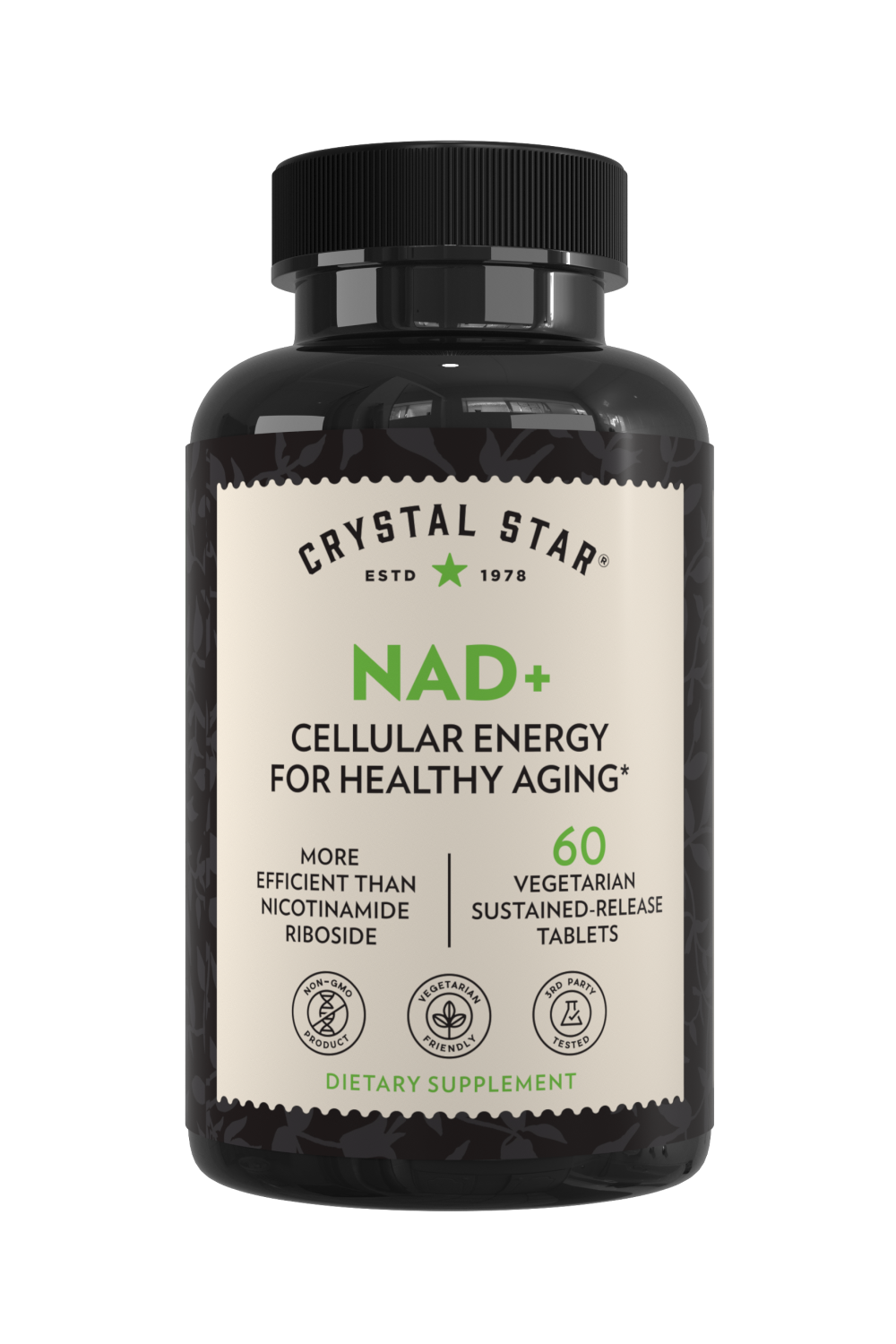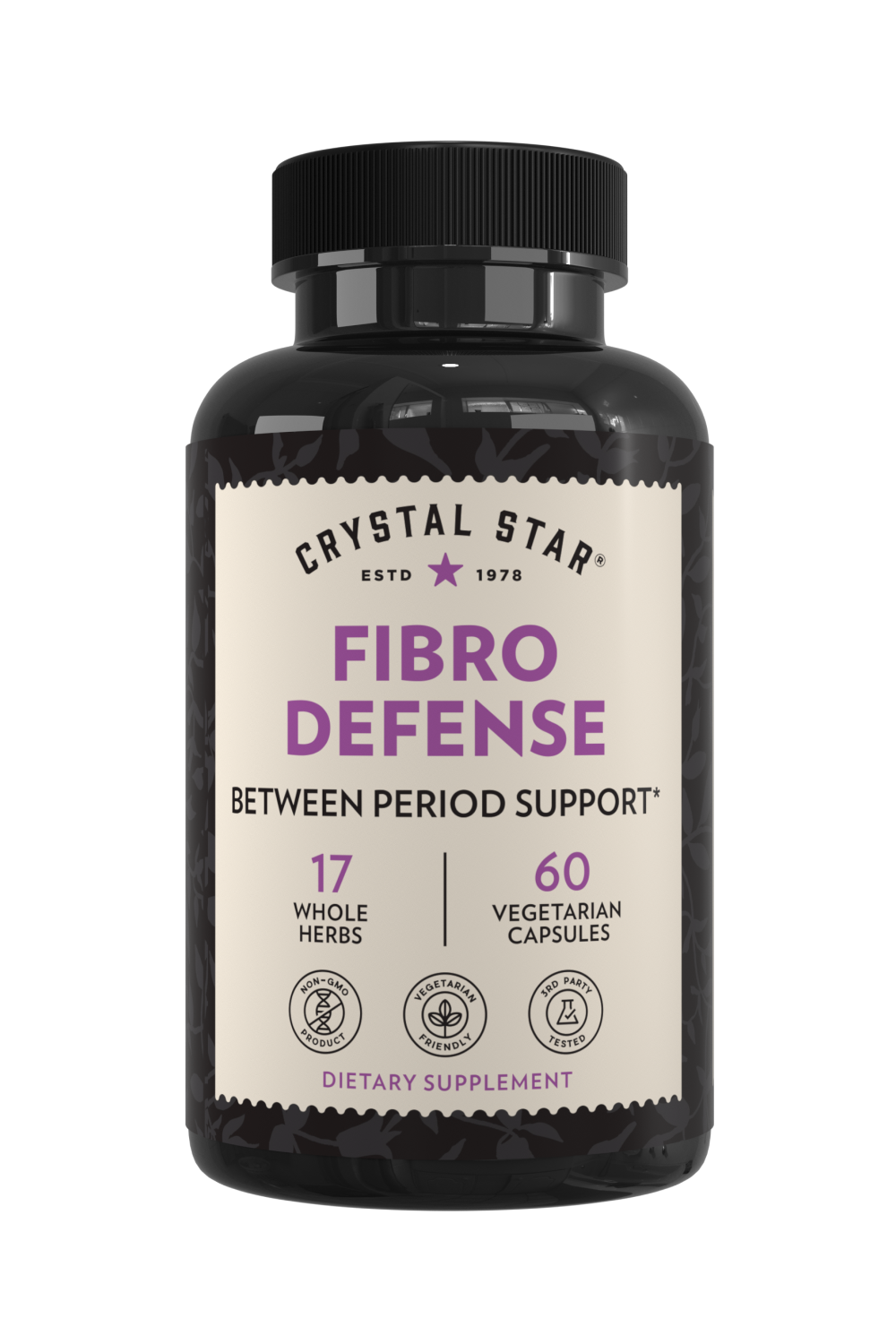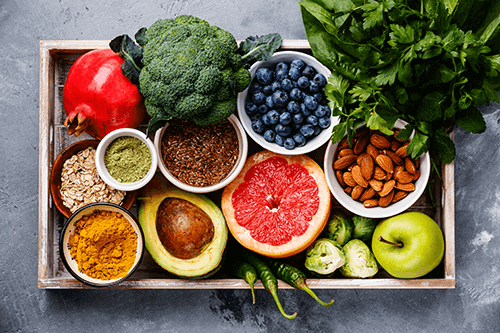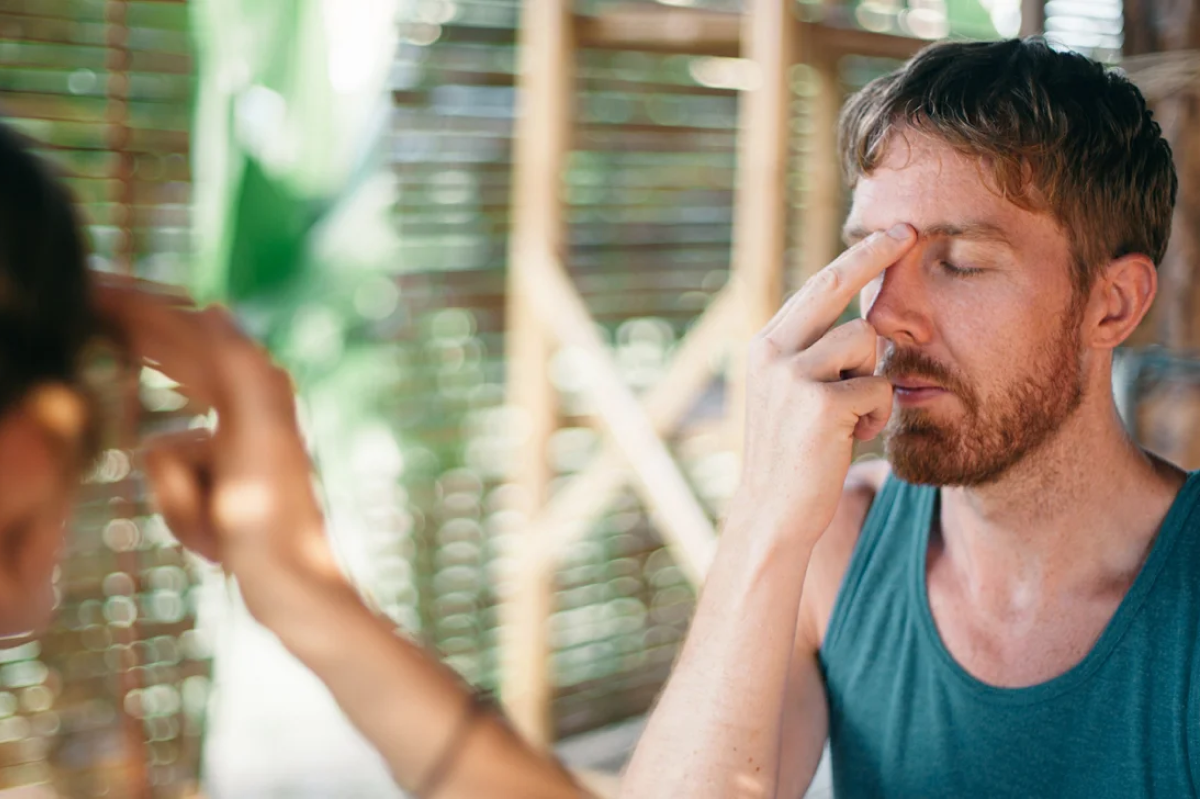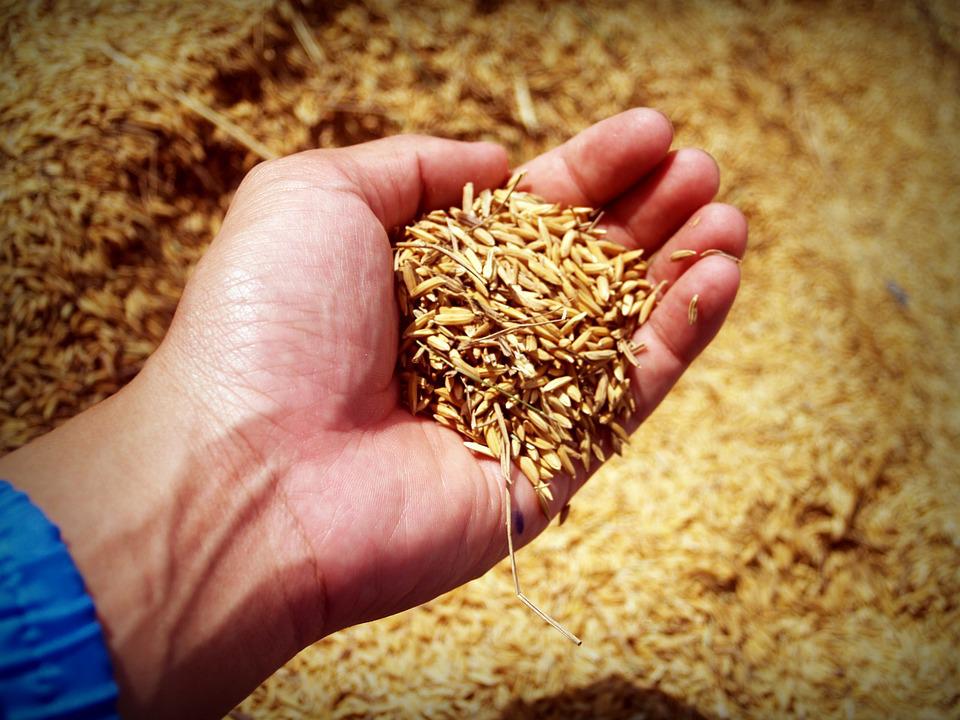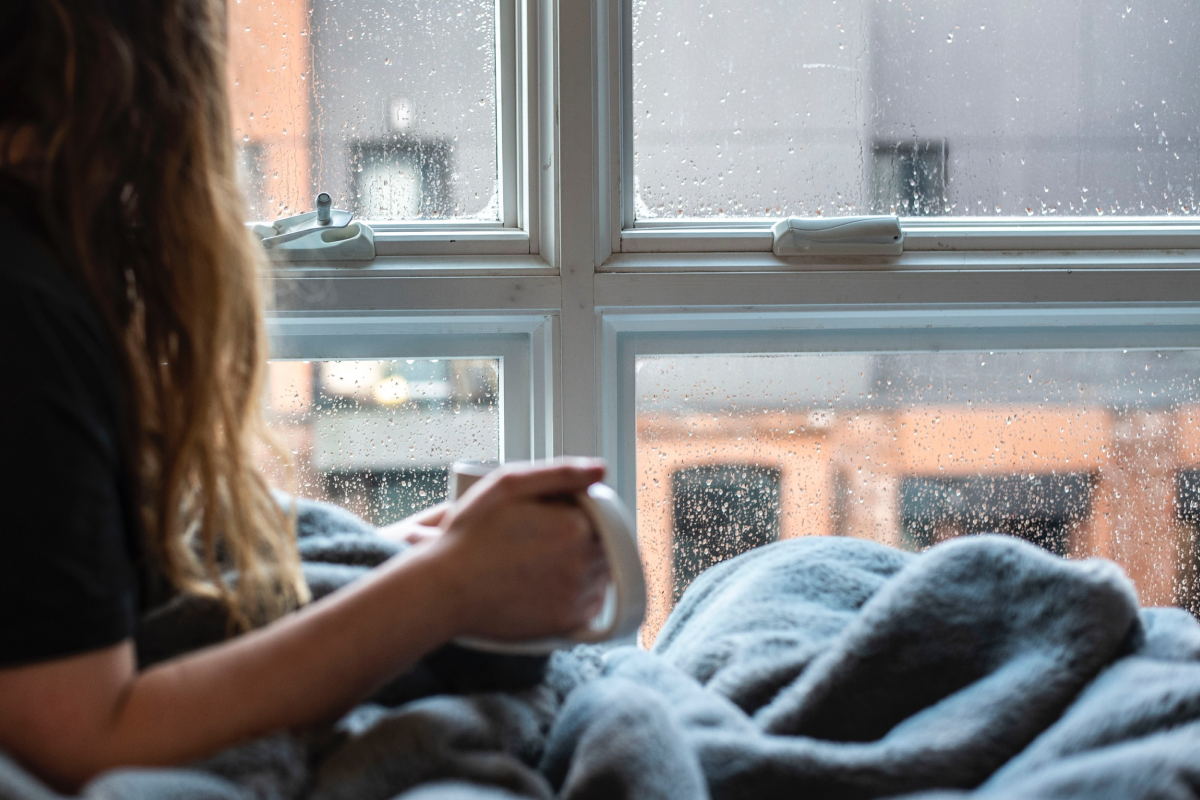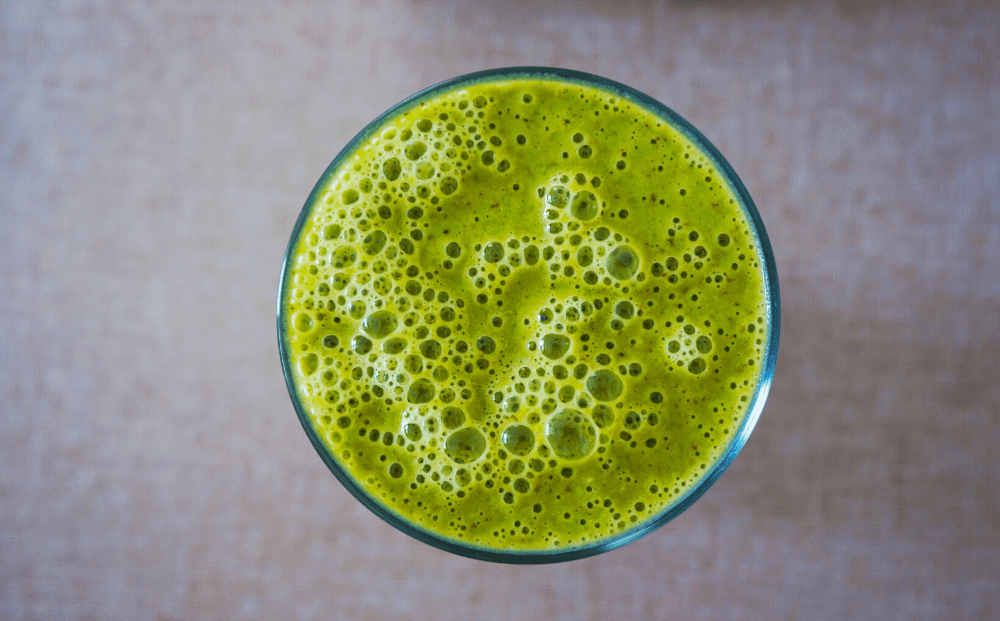
Natural Hormone Balancing Therapies For Menopause
According to the National Center for Health Statistics, 1.2 billion women will be menopausal worldwide by 2030!
Menopause is the natural rite of passage which signals the end of the reproductive years and the monthly menstrual cycle. Even though most women are happy to say goodbye to their cycles, making peace with menopause still comes with its own set of symptoms. A new wave of bodily changes can cause a woman’s view her newfound freedoms through a different lens.
Although you may experience uncomfort abilities like: hot flashes, night sweats, fatigue, weight gain, dry hair and tissues, low libido and headaches there is every reason to keep your head up. Menopause is a normal transition, just like puberty. Your body will absolutely adapt as it did before. You simply need different tools to find your new, natural balance.
What Happens To the Body During Menopause?
As the ovaries age and egg supply dwindles, the body produces higher FSH (follicle stimulating hormone) and LH (luteinizing hormone) while also dropping production of estrogen and progesterone (often to 10% of their premenopausal levels.)
Without its typical hormone levels to thicken the uterine lining, the monthly menstrual cycle becomes disrupted and eventually ceases altogether. It is during this time that women experience the range of physical discomfort we just talked about.
The final portion of this stage in a woman’s life is post-menopause. This begins one year after the last menstrual cycle. At this point, symptoms become magnified and many women seek help from natural or allopathic therapies, or a combination of both.
Natural Hormone Balancing Therapies For Menopause
Natural hormone balancing therapies help you move smoothly through “the change” without the risks of hormone replacement drugs. Here are the most effective techniques I’ve used to relieve symptoms quickly.
Practice Cool Down Techniques- Menopausal hot flashes and night sweats are extremely common, affecting around 85% of women. They tend to be the most intense at night, disrupting sleep and leaving women fed up and exhausted.
Here is my 3 point program to banish hot flashes:
- First, avoid hot flash irritants like spicy or very hot foods and drinks. Also, reduce excess caffeine, alcohol, and high sugar food (especially before bedtime,) as these foods aggravate symptoms. Stick to a whole foods, mostly plant-based diet with plenty of pure water for hydration.
- Second, enjoy a cooling herb infusion made with spearmint or peppermint. Mint herbs refresh and cool the body down fast from hot flashes. Prepare your infusion in advance as it takes a few hours. Add 1-2 tsp of peppermint or spearmint to a tea ball. Add the tea ball to a cup of cool water. Let it steep for several hours in the refrigerator. Remove the tea, add a few ice cubes and natural sweetener (if desired) when you’re ready to enjoy. Drink 1-2 cups daily for the best results.
- Third, consider Estro-G-Balance with black cohosh for hormone support. Black cohosh helps modulate the body's temperature regulating system, and acts as a mild phytoestrogen. Include a B-complex, 50-100mg daily, for healthy adrenal gland function. The adrenal glands step in to shore up some hormone production as the ovaries slow down.
On top of following this 3 regimen specifically for hot flashes, here are a few more tips for some of the other common upsets during all stages of menopause.
Moisturize from the Inside Out. As hormone levels drop, women may experience dry hair, eyes and skin. Vaginal dryness is another problem that causes discomfort during intercourse and increases the risk of infections. Firstly, be sure to drink plenty of pure water to support the tissues of your body. Second, include more essential fats in the diet from wild fish and seafood; avocado; nuts and seeds; olive oil; flax oil; seaweed and dark greens to promote elasticity of those tissues. An herbal formula like Women’s Dryness extract with dendrobium and shatavari can help normalize body fluid production. Also, be sure to take advantage of lubricants from natural food stores if sex has become painful.
Fight Stress with Self-Care Therapies. Chronic stress keeps hormones imbalanced and is a major factor in both mood swings and fatigue. Approaches like meditation, massage, and aromatherapy strengthen the nervous system health and decrease daily stress. Herbs like scullcap and ashwagandha in Relax caps also calm tension and build the body’s resistance to stress.
Don’t skip exercise. Regular exercise improves sleep, elevates mood, promotes cardiovascular health, and protects against osteoporosis. Research published in Obstetrics and Gynecology has found that resistance training especially improves muscle strength and bone density in menopausal women.
Don’t Give Up!
If you’re struggling with the transition of menopause, be gentle with yourself. The onset of menopause can be jarring as the body adjusts to its new hormonal normal. In many ways, a woman is shedding a layer of her former self during this transition. It can be a very intense time, physically, emotionally, and spiritually.
Work with the hormone balancing therapies presented in this article to give yourself the upper hand when symptoms arise. Feel confident that your body will normalize. For most women, once the early symptoms have subsided, menopause is a fairly easy transition with many rewards.
References
Statistics of Menopausal Women (2022, May)
Retrieved from: https://menopause-info.org/articles/statistics-menopausal/
Menopause Now Editorial Team (2019, July). Estrogen and Menopause.
Retrieved from: https://www.menopausenow.com/estrogen-and-menopause
Shangold MM. Exercise in the menopausal woman. Obstet Gynecol. 1990 Apr;75(4 Suppl):53S-58S.
Retrieved from: https://pubmed.ncbi.nlm.nih.gov/2179791/
Hot Flashes (2020, Nov.)
Retrieved from: https://www.health.harvard.edu/decision_guide/hot-flashes

